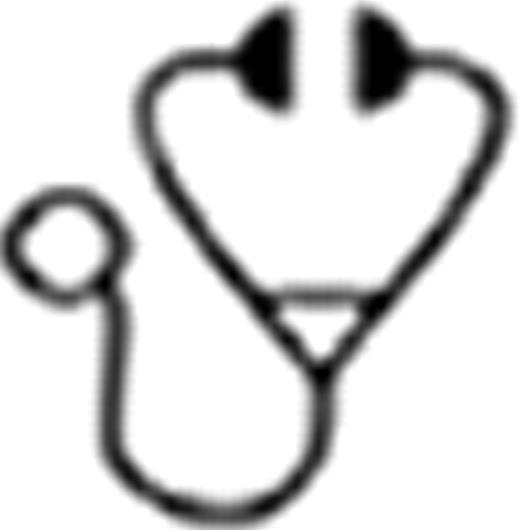Abstract
Autoimmune haemolytic anaemia (AIHA) is characterised by severe haemolysis due to development of auto antibodies directed against patient's own red cells. Rituximab is a chimeric monoclonal antibody that specifically depletes B cells by targeting CD20 on both immature and mature B lymphocytes We evaluated the use of Rituximab in patients with AIHA who are refractory to conventional Immunosupression in 5 centres in ireland.
24 cases of AIHA from five centres in the Republic of Ireland were identified who were treated with Rituximab at the standard dose of 375mg/m2 weekly for four weeks. All patients had received prior therapy with steroids and 50% of patients received two or more courses of Immunosupression. One patient had splenectomy prior to Rituximab. Five patients had an underlying lymphoproliferative disorder and two had a myeloproliferative neoplasm. Response was assessed at 1,3,6,12,36, 48 and 60 months. Medium duration of follow up was 34 months. Response was defined as normalisation of Haemoglobin concentration and haemolytic parameters reticulocyte count, bilirubin and lactate dehydrogenase (LDH).
Overall response to Rituximab was 83.3% at 28 days post treatment. Four patients responded to Rituximab in combination with other Immunosupression such as Azathioprine or low dose steroids. Medium response duration was 11.5 months. Sustained response at 1 year, 2 years and 4 years post treatment were 60%, 55% and 30% respectively. Rituximab was well tolerated without significant complications in the majority of patients. One patient developed neutropenic sepsis. One patient received second course of Rituximab after relapse within a year and had sustained response of over two years after the second course.
Rituximab is a safe and effective treatment for patients with AIHA who are resistant to steroids.The majority of patients will initially respond but a significant number will gradually relapse over time. Re-treatment with rituximab maybe considered on relapse.
No relevant conflicts of interest to declare.

This icon denotes a clinically relevant abstract
Author notes
Asterisk with author names denotes non-ASH members.

